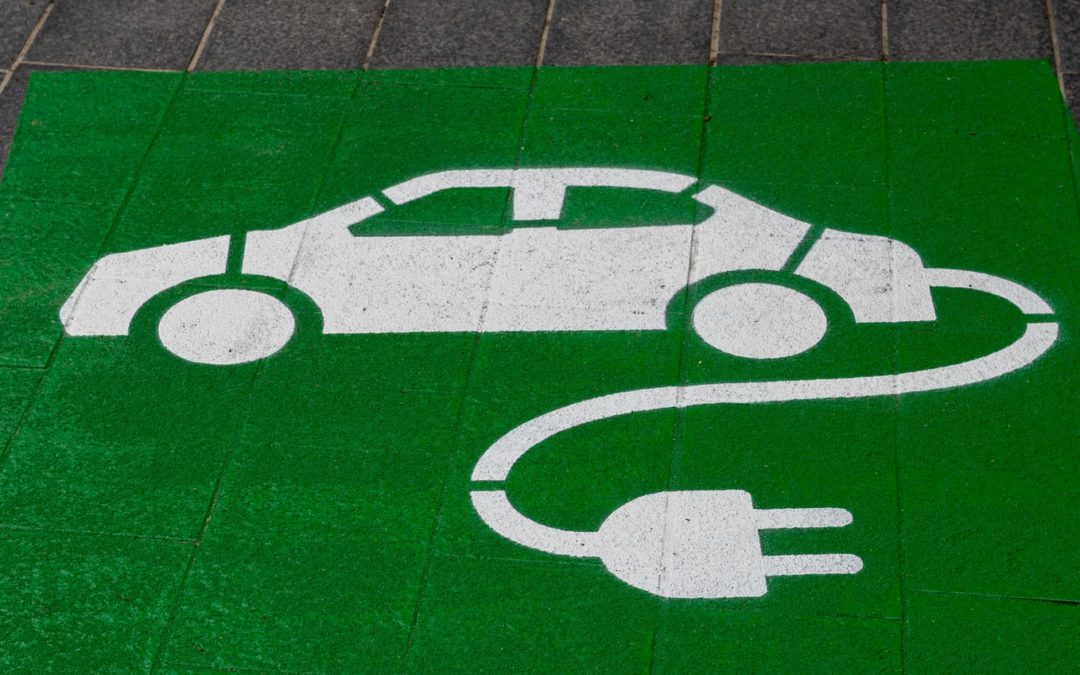Electric cars are a subject on which most people have an opinion, but not always founded on facts so it was interesting recently to hear the views of a specialist: Jon Hunt is manager of Alternative Fuels at Toyota.
Toyota is the world’s sixth largest manufacturer by revenue and present in 170 countries and it is no coincidence that Japanese companies have led the way in electric vehicles: with almost no natural resources and a topography which means its population is crowded into coastal cities, matters such as use of space, resources (most of which have to be imported) and air quality have long been major concerns and shaped much of Japan’s thinking.
While Toyota foresees an entirely electric future for transport, Jon Hunt points out that batteries still do not meet the energy density of fossil fuels; moreover as the massive power cut which afflicted large areas of Britain in mid August shows, the National Grid would struggle to cope with any rapid increase in plug-in vehicle numbers.
There are also growing concerns about battery ecology, from the cost and availability of materials required to make them to their ultimate disposal. Toyota is keen to present an alternative to batteries: its Mirai (Japanese for ‘future’), first seen in 2014, uses hydrogen fuel cells and is designed to demonstrate the usability of hydrogen: 130 times more energy-dense than Lithium, in 2017 spare power from the UK grid could have produced 27,000 tonnes of hydrogen, says Hunt.
Fuels cells have no moving parts and will outlast the the life of the car. A full tank (500 miles) equals 1.2 gallons of petrol in terms of energy. A cost of about $65,000 and undeveloped refueling infrastructure naturally have limited Mirai sales to about 10,000 mostly in Japan and US.
In 1997 the Prius proved that conventional OEMs could build mainstream electrics: initially a niche product, today 50% of Toyota’s UK sales are hybrids. Disruptive technologies take off from niches. Toyota is not alone in betting that hydrogen, a well understood and readily available resource awaiting only a viable business case could take off similarly in today’s climate.
Photo by Michael Marais on Unsplash
As a youngster he used to send race reports on Mallory Park meetings to the Derby Evening Telegraph which unaccountably always failed to print them. For thirty years he produced reports and analysis for other people before turning to motoring journalism and writing about matters rather closer to heart. An old 911, acquired when they were still affordable opened the world of Porsche and today he writes on historical subjects for several Porsche magazines in Europe and the US. He is also the UK correspondent for the classic car weekly, La Vie de l'Auto and keeps a foot in the modern world with a column in Trucking, a transport magazine, and as motoring correspondent for the Irish Police Journal.

